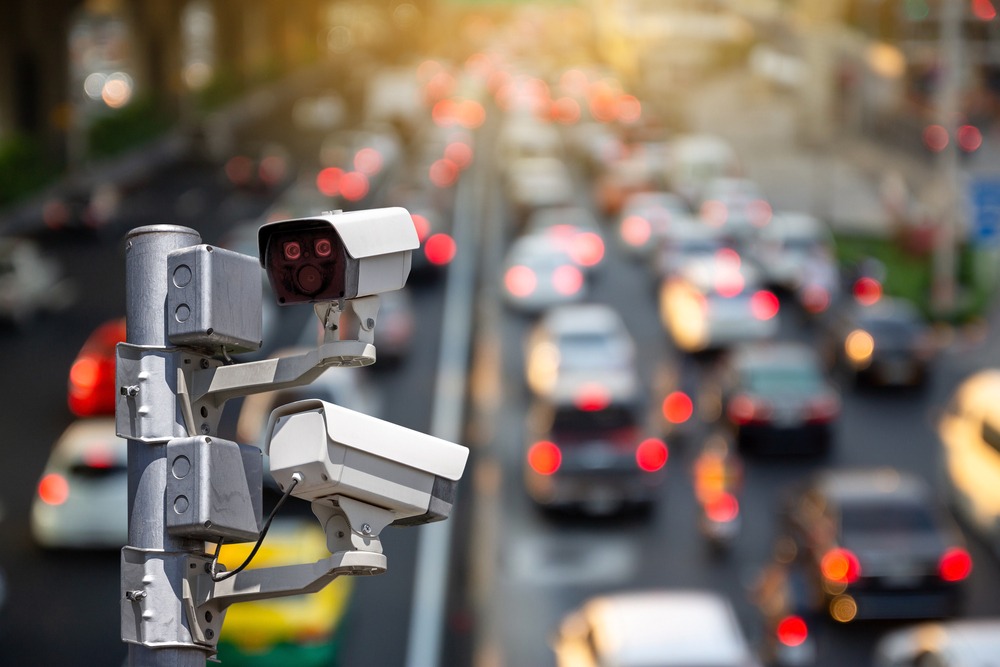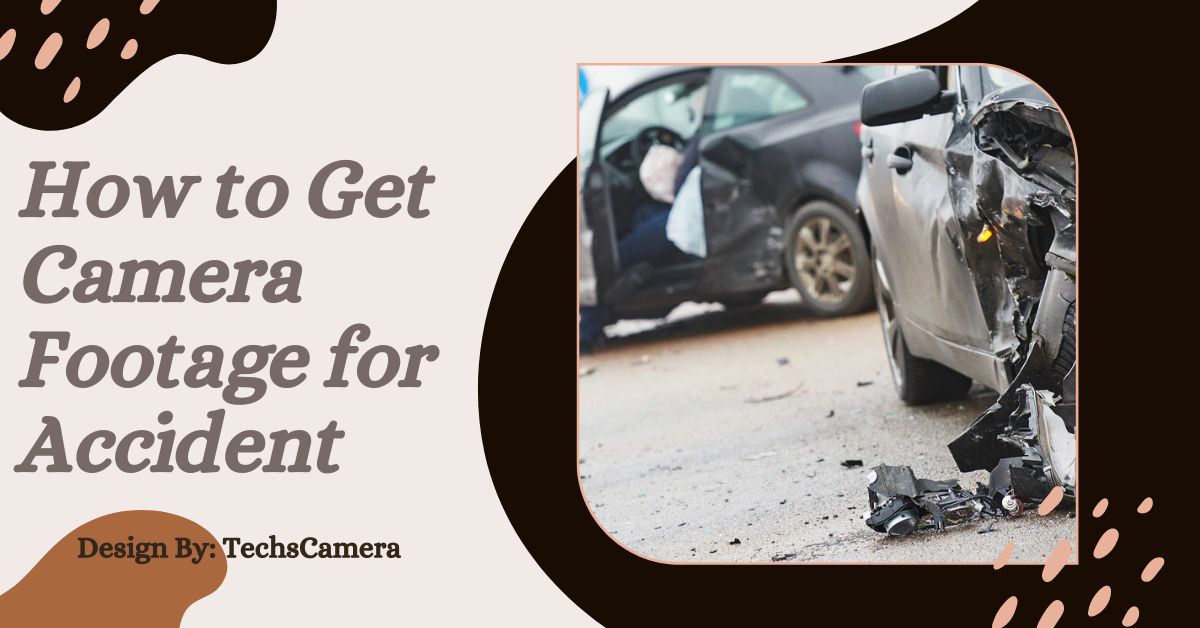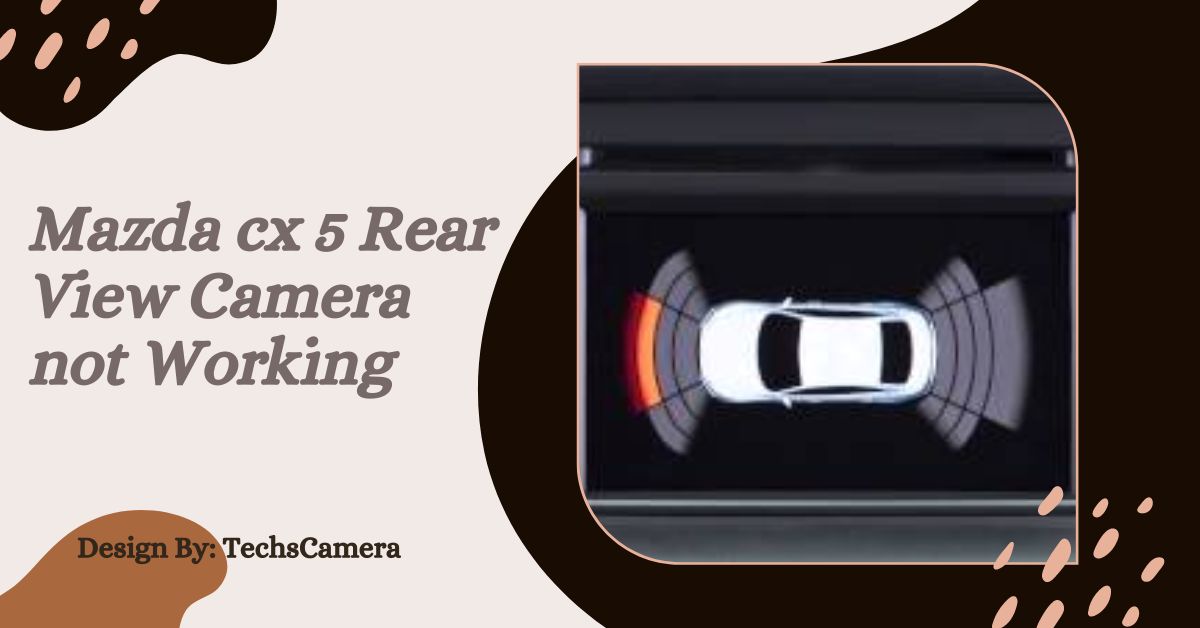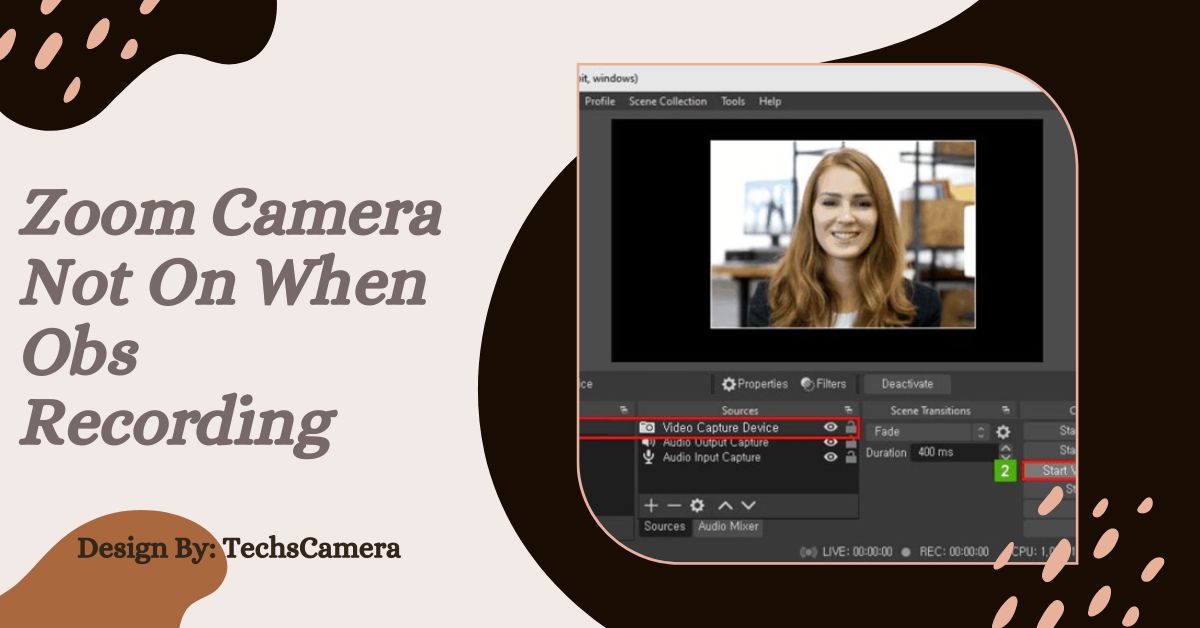To obtain camera footage for a car accident, contact local authorities or file a public records request specifying the accident details. If you’re having trouble, consider seeking legal assistance to expedite the process.
When you’re involved in a car accident, camera footage can be key in proving what happened. It can help clarify the sequence of events, support your insurance claim, and be valuable if you’re taking legal action. Here’s a step-by-step guide on how to get the camera footage you need and understand the process involved.
Types of Traffic Camera Footage and Police Reports:
- Traffic Cameras: These cameras are positioned at intersections, highways, and busy roadways to monitor traffic flow and safety. They continuously record video and may capture moments leading up to, during, and after an accident. The footage from these cameras can be crucial in understanding how the accident occurred.
- Dashcam Footage: Dashcams are cameras mounted inside vehicles. They record everything happening in front of the car, and sometimes behind it. This footage provides a direct view from the driver’s perspective and can include audio. It is particularly useful for capturing the immediate circumstances of the accident.
- Security Cameras: These cameras are found on buildings, businesses, or residential areas. They often record activity around their location and might capture accidents that happen nearby. Depending on the placement of these cameras, they can provide additional views of the accident.
- Police Reports: When the police respond to an accident, they create a report documenting the details. This report includes information about the accident scene, the involved parties, and any statements from witnesses. It may also mention any available camera footage or other evidence collected.
How To Request Traffic Camera Videos and Accident Reports If You Were Injured in a Crash:

- Contact Local Authorities: Your first step should be to reach out to the local police department or the agency responsible for traffic cameras. Let them know you were involved in an accident and provide details like the date, time, and location. This will help them locate the specific footage you need.
- File a Public Records Request: In many places, you can request camera footage through a public records request. This often involves filling out a form or writing a letter specifying what you need. Be clear about the accident’s date, time, and location to make it easier for authorities to find the footage.
- Obtain a Copy of the Police Report: You can usually get a copy of the police report from the police department where the report was filed. The report may include information about the camera footage and other evidence collected at the scene.
Do You Need a Lawyer to Request Traffic Cam Videos and Police Reports:
While you can request camera footage and police reports on your own, having a lawyer can simplify the process. Lawyers have experience in dealing with such requests and can ensure that you get the necessary documents quickly. They can also handle any legal issues that might arise and ensure your rights are protected.
Are There Any Jurisdictional Guidelines I Have to Follow:
Yes, guidelines can vary depending on where the accident occurred. Different areas have different rules and procedures for obtaining camera footage and accident reports. Some places may require specific forms or have particular procedures to follow. It’s important to understand these local rules or seek guidance from a legal professional to ensure you’re following the correct steps.
Can Lawyers Obtain Car Accident Footage Faster Than Others:
Yes, lawyers often have an advantage in obtaining footage quickly. They may have established relationships with local authorities and know the fastest way to request and obtain the footage. Their familiarity with the process can help them navigate any obstacles and speed up the retrieval of evidence.
Also read: What Trucking Companies Have Driver-Facing Cameras – Key Industry Players!
Are There Any Time Limits or Retention Policies:
Yes, there are typically time limits for how long camera footage is kept. Traffic camera footage might be stored for only a few days to a few months, depending on the camera and location. If you wait too long, the footage may be overwritten or deleted. It’s crucial to request the footage as soon as possible after the accident to ensure it is still available.
How to Obtain Camera Footage of Your Car Accident:
- Identify the Camera: Figure out which cameras might have recorded the accident. This could include traffic cameras at intersections, nearby business security cameras, or your own vehicle’s dashcam footage.
- Make a Request: Contact the relevant agency or entity responsible for the camera. Give them precise information about the accident, including the date, time, and place. This helps them locate the correct footage.
- Follow Up: Stay in contact with the agency to check the status of your request. Sometimes, additional follow-up may be needed to ensure that your request is processed and the footage is provided.
How Long Are Camera Recordings of a Crash Available:
The duration for which camera recordings are available can vary. Traffic cameras often keep footage for a limited time, ranging from a few days to several months. It’s important to act quickly to request the footage before it is deleted or replaced with new recordings.
Other Types of Evidence You Can Use for Your Accident:

- Witness Statements: Collect statements from anyone who saw the accident. Witnesses can provide additional details and perspectives that support your version of events.
- Photographs: Take pictures of the accident scene, vehicle damage, and any injuries. These photos can be used to complement the camera footage and provide a clear visual record of what happened.
- Medical Records: Keep detailed records of any medical treatments or diagnoses related to the accident. These documents can help substantiate claims of injury and damages.
- Police Reports: The police report provides an official account of the accident, including information about any citations or charges. It can support your claims and provide additional context for the camera footage.
Having Trouble Receiving Your Traffic Cam Footage:
If you’re having difficulty obtaining the footage:
- Follow Up: Contact the agency or department handling your request to check its status. Sometimes, additional information or clarification might be needed.
- Seek Legal Help: If you’re still having trouble, consider consulting a lawyer. They can assist with navigating the process and addressing any issues or delays.
- File a Complaint: If your request is unfairly denied or delayed, you might need to file a formal complaint or appeal. This can help ensure that your request is handled properly.
FAQ’s:
1. How can I request traffic camera footage for my accident?
Contact local authorities or file a public records request with details about the accident.
2. Do I need a lawyer to get camera footage and police reports?
While not necessary, a lawyer can expedite the process and handle any legal issues.
3. How long is traffic camera footage available?
Traffic camera footage is typically available for a few days to several months, depending on local policies.
4. Can a lawyer get footage faster than I can?
Yes, lawyers often have established procedures and relationships that can help obtain footage more quickly.
5. What should I do if I can’t get the footage I need?
Follow up with the agency, seek legal help, or file a formal complaint if necessary.
Conclusion:
Obtaining camera footage for a car accident can be crucial in supporting your claims and understanding the incident. Start by contacting local authorities and filing a public records request with detailed information about the accident. If you face challenges or delays, seeking legal assistance can help expedite the process. Act quickly, as footage may be overwritten or deleted after a certain period.
Related post:



















Leave a Reply